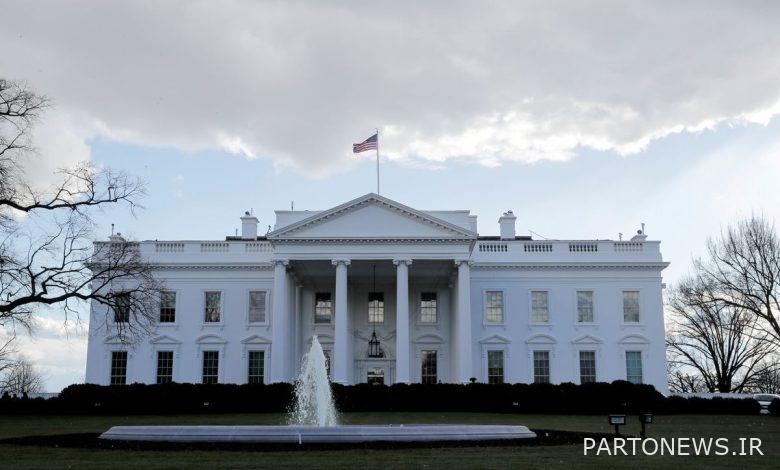The latest situation in the Vienna talks, according to a White House official

A White House deputy spokesman told reporters on Thursday evening that talks with Iran on a reciprocal return to full implementation of the UN Security Council had reached an emergency point.
“An agreement is available to address the concerns of all parties,” said White House Deputy Spokeswoman Karin Jean-Pierre.
In line with US policy of using fake deadlines for the Vienna talks to put pressure on Iran at the negotiating table, he claimed that if we did not reach an agreement in the next few weeks, Iran’s nuclear progress would make it impossible for it to return to the IAEA.
The White House official also claimed that in the continuation of the policy of fear of Iran’s nuclear progress within the framework of Borjam, the final word is, we are facing a very dangerous situation. Iran’s nuclear program under Borjam was somewhat limited and monitored by international inspectors.
Criticizing the Donald Trump administration for withdrawing from the Security Council, he, like other US officials, added that Iran has accelerated its nuclear program since the previous US administration ended its membership.
Despite the peaceful nature of Iran’s nuclear program and its approval by the International Atomic Energy Agency, as well as Iran’s remaining in the IAEA, despite violating the US treaty and European inaction, he claimed that Iran was cooperating after the US withdrawal from the IAEA. With international inspectors reduced and suspended its obligations to Barjami.
A U.S. official close to the Vienna talks said local time on Thursday that “real progress” had been made, but that an agreement had not yet been reached.
“I mentioned in one of my tweets that the Vienna talks are in the final stages,” the head of the Russian delegation, Mikhail Ulyanov, told reporters as the end of the sanctions talks was tied to the political decisions of the West. Just yesterday, the head of the Iranian negotiating team, Mr. Bagheri Kani, wrote on Twitter that the time for a final decision had come. He added that he fully supports his view.
Asked who should decide at this stage, the senior Russian diplomat said that the talks are a multilateral process and all parties are involved.
He also dismissed passages from a distorted and alleged Reuters report on the terms of the draft agreement, saying that the prisoner exchange had nothing to do with the nuclear deal and would not be included in a possible deal.
Ulyanov responded to Reuters’ claim that Iran should take the first step on nuclear issues by saying that the United States had withdrawn from the agreement first and now had to take the first step. “It still takes more time to finalize the final text,” he said.
The New York Times website did not name the US official and wrote that tough negotiations to revive the international nuclear deal with Iran may be coming to an end, and diplomats say that after nearly a year of negotiations, the agreement in Available. But the negative reaction among critics of the agreement in the United States has just begun.
Diplomats say the United States and Iran will soon decide whether to return to the UN Security Council.
The New York Times claimed that other officials who did not want to be named because of the sensitivity of the talks said one of the points still being discussed was how to reduce Iran’s nuclear fuel production.
The Republican media and even some Democrats are trying to stop US President Joe Biden from re-engaging with Burjam, the American media wrote.
The eighth round of talks on lifting sanctions in Vienna began on January 26 and has now reached a point where the success or failure of the talks depends solely on the political decisions of the West. If the Western parties make the necessary decisions that they are aware of, the remaining issues can be resolved and a final agreement reached within a few days.
Based on the principles and instructions, the Iranian delegation has put its clear proposals and demands on the remaining issues on the table, and now the ball is in the court of the western sides.

